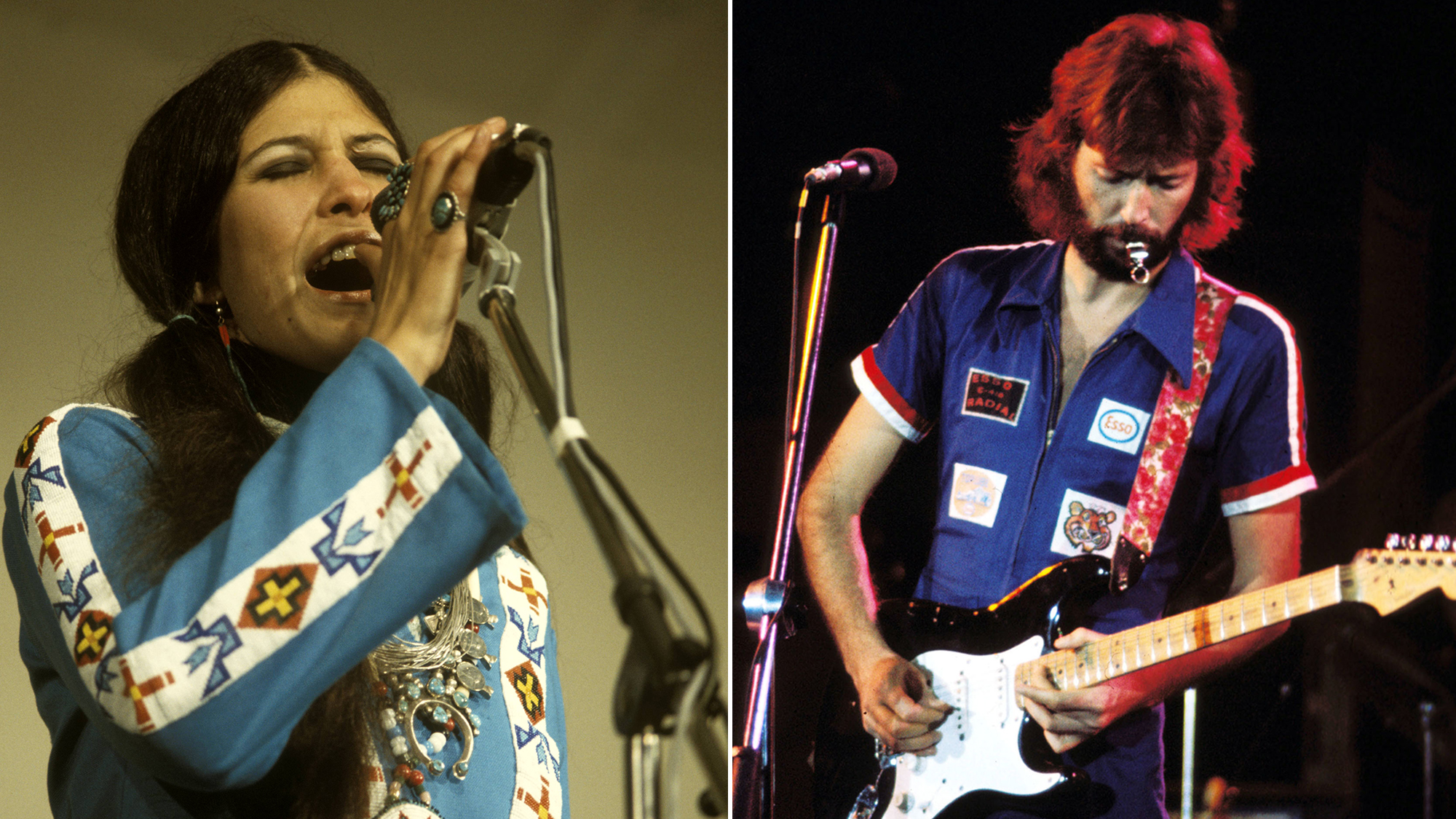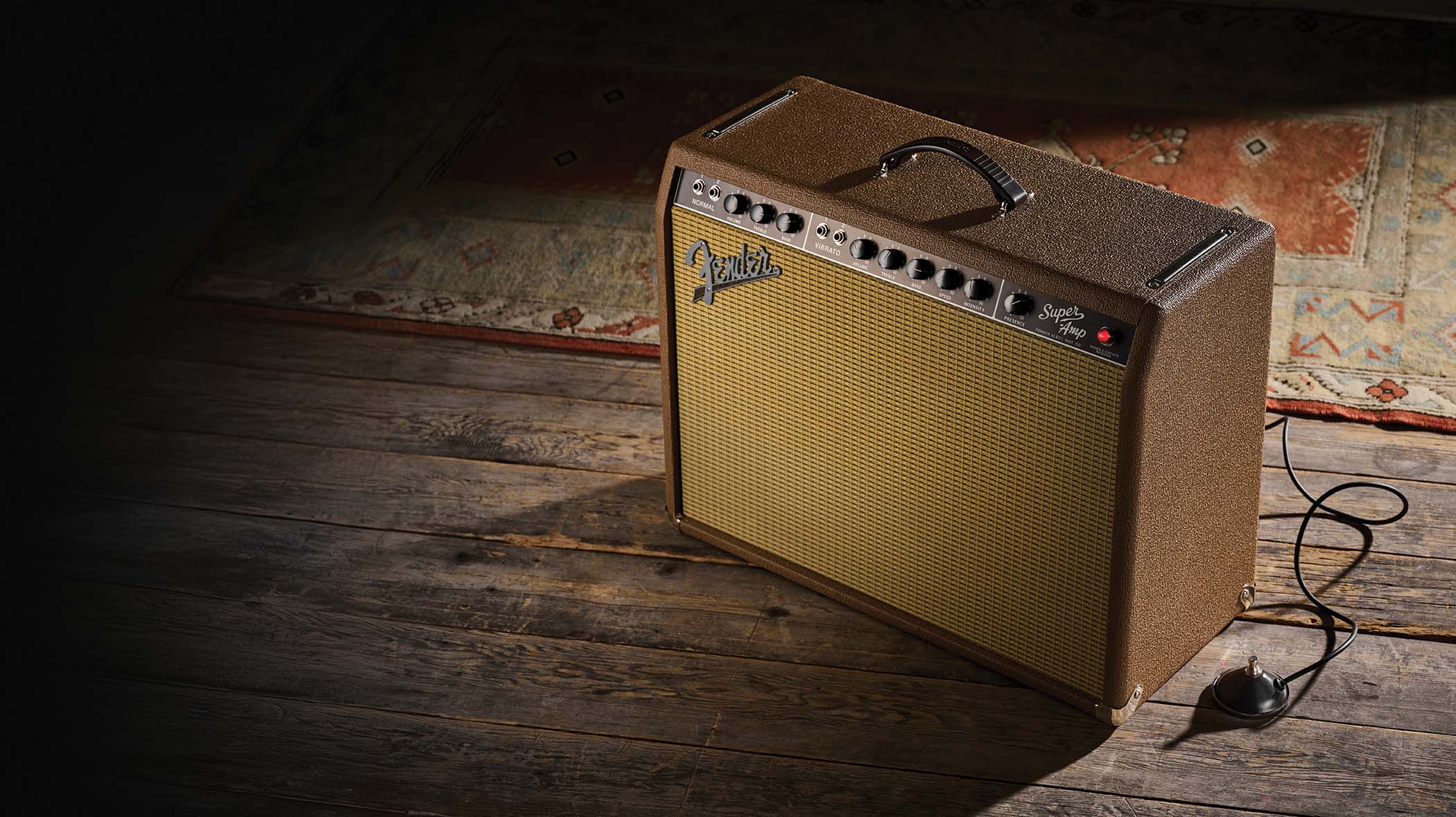“I said, ‘That’s my music.’ His manager said, ‘You’re a girl. You don’t have the money to fight this’”: Rita Coolidge alleges she helped write Eric Clapton’s Layla – but never got credit for it

While Derek and the Dominos’ Layla is heralded for its electric guitar riff, its cinematic piano outro is considered by many fans to be a classic contribution to the iconic rock song in its own right.
However, Rita Coolidge – who alleges she wrote that very coda, having played it to Clapton some time before it became part of Layla’s structure – never received credit for the role she says she played in bringing it to life.
As per Guitar Player, a recently resurfaced clip from an interview that Professor or Rock conducted with Coolidge last year has once again shed light on the alleged credit issues surrounding Layla.
In it, the Grammy-winning vocalist – who’s performed with Delaney & Bonnie, and served as a back-up singer for Joe Cocker, Bob Dylan and, of course, Clapton – remembers being rebuffed when she sought out an appropriate songwriting credit for her compositions.
In the interview, Coolidge explains she wrote the coda with Jim Gordon – who would later play drums in Derek and the Dominos – and produced a demo cassette. Not long after, she played the song for Clapton in the studio.

“We made a little demo and when we got into the studio a couple of months later I sat down at the piano in breaks between songs, played the song for Eric, he liked it, and I left the cassette on the piano,” Coolidge says.
“I felt nothing had happened with that. Immediately after, they formed Derek and the Dominos.”
All the latest guitar news, interviews, lessons, reviews, deals and more, direct to your inbox!
Then, while in the studio for a photoshoot to support her first solo album, Coolidge heard that unmistakable coda.
“I hear this music come over the PA system in the studio and I’m like, ‘Wait a minute, I recognize this music and know this music,'” she says. “They’re like, ‘You don’t know it, it’s a brand-new Eric Clapton record,’ and I said, ‘It’s my music!’ They took pictures of the veins popping out in my neck. I was so upset.
“I ran out of the studio and ran to Tower Records, and picked up the record to see if I had gotten any credit and of course I didn’t.”
Coolidge tried getting in touch with Clapton through Robert Stigwood, who was Slowhand’s manager at the time, to smooth things over.
“I got him finally on the phone, and I said, ‘I’m one of the writers, that’s my music.’ He said, ‘Yeah, what are you gonna do about it? You’re a girl. You don’t have the money to fight this. Let it go.’ And that was it.
“I went back to my record company and they said, 'This record company doesn’t have the money to fight Robert Stigwood.' So the only thing I can do is tell my story.”
Coolidge previously discussed the alleged injustice in her memoir, writing (via Miami Herald), “I was infuriated. What they had clearly done was take the song Jim and I had written, jettisoned the lyrics, and tacked it to the end of Eric’s song. It was almost the same as the arrangement.”
Coolidge’s composition originally had lyrics, and was later released as Time by her sister, Priscilla, and Booker T.
It was of little consolation, though. Gordon received a songwriting credit for Layla, but Coolidge didn’t. “There was no way Jim could have forgotten we’d written the song together,” she continued in her memoir. “And, frankly, I don’t think Eric could have, either.”
As for the writing of Layla and its piano coda, Clapton himself told Guitar Player in 1985, “Jim Gordon wrote that and had been secretly going back into the studio and recording his own album, without any of us knowing it.
“And they were all love songs composed on the piano. And we caught him playing this one day and said, 'Come on, man. Can we have that?' So he was happy to give us that part. And we made the two pieces into one song.”

Matt is the GuitarWorld.com News Editor, and has been writing and editing for the site for five years. He has a Masters in the guitar, a degree in history, and has spent the last 19 years playing everything from blues and jazz to indie and pop. During his GW career, he’s interviewed Peter Frampton, Zakk Wylde, Tosin Abasi, Matteo Mancuso and more, and has profiled the CEOs of Guitar Center and Fender.
When he’s not combining his passion for writing and music during his day job, Matt performs with indie rock duo Esme Emerson, and has previously opened for the likes of Ed Sheeran, Keane, Japanese House and Good Neighbours.
You must confirm your public display name before commenting
Please logout and then login again, you will then be prompted to enter your display name.
